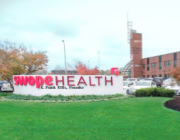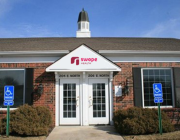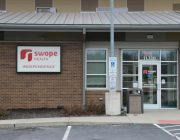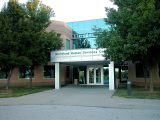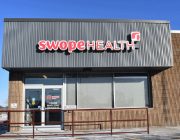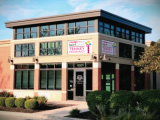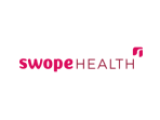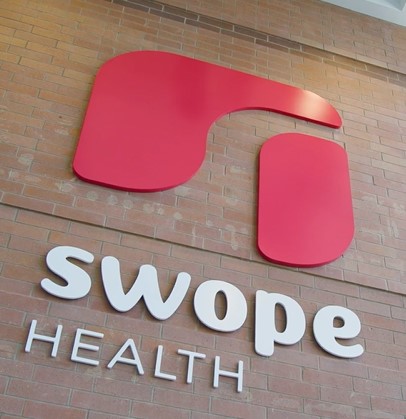Celebrating Women – All Women, All Aspects of Health
March is designated as a month to honor and celebrate women. It is the month for learning about Women’s History, especially those contributions overlooked or undervalued by male historians. Organizations including the Library of Congress, National Archives and Records Administration, National Endowment for the Humanities, National Gallery of Art, National Park Service and the Smithsonian …
Celebrating Women – All Women, All Aspects of Health Read More »

